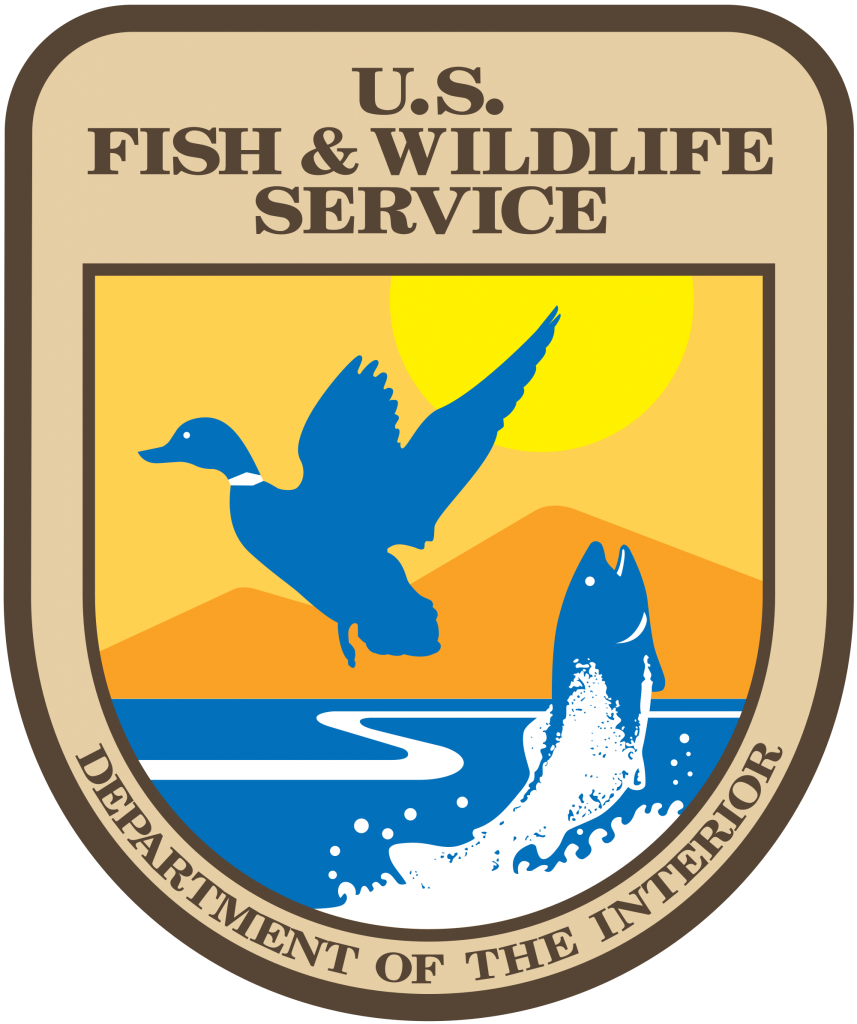2019 Summer Internship at Phil’s Farm
Want to work on an organic farm in Maine? Learn about organic agriculture, entrepreneurship and how to run a small business from a 2013 Bowdoin grad on his farm in Eliot, ME. Apply for the summer internship at Phil’s Farm- a 2 acre, no-till, no-spray farm that grows organic vegetables, herbs and flowers. Applications are due March 8th
Phil’s Farm is a 1 acre, no-till farm that produces organic vegetables, herbs and flowers in Eliot, ME. The farm was started by Phil Cuddeback, class of Bowdoin 2013, in the spring of 2018. The food is sold primarily to a 50 member CSA with a pickup location at a brewery in Portsmouth, NH. The CSA allows Phil and his farm crew the opportunity to engage with their customers and in turn helps the customers gain a better appreciation for the food they’re eating. Other markets include a farmers market in York and a couple restaurants.
Phil’s Farm believes in producing affordable food in a way that is good for the environment, the people producing it and the end consumers. As a result, we do not use any pesticides, herbicides or harmful chemicals on the farm. We also strive to minimize the use of gasoline, oil and plastic products and instead use solar power, hand tools and reusable bags or no packaging at all whenever possible.
To learn more, check out www.philsfarmcsa.com and @philsfarm_inmaine on Instagram.
Hours, Dates & Schedule: The internship will take place from June 3rd to August 30th.
The expected hours on the farm are Monday through Friday 6am to 4pm with a quick break for breakfast and an hour for lunch. Attending the CSA pickup on Thursdays from 5-8pm is optional but can be a fun way to interact with the customers.
The crew this year will be myself and one MOFGA (Maine Organic Farmers and Gardeners) apprentice. The apprentice will likely be someone who is learning to farm but will be with me from April to October.
Responsibilities
Greenhouse planting, watering and potting up – We fill trays with potting mix, plant the seeds, cover with more potting mix and water them in. Each day, all the trays get watered. Certain plants like tomatoes, peppers and cucumbers get moved from trays to larger pots to give them more space before being transplanted outside.
Bed preparation – this involves raking leaves off the bed, broadforking to loosen the soil, applying compost and amendments and raking the bed again to create a level surface.
Transplanting – the act of taking seedlings from the greenhouse and planting them in the field.
Harvesting – we use a knife to cut greens or simply our hands to harvest larger products like tomatoes and cucumbers.
Washing and packing – we use both a series of dunk tanks and a spray hose to clean the vegetables. They then get weighed and packed into bins or bags.
Pest and disease management – this can involve physically removing pests like the cabbage worm or protecting drops with a thin fabric sheet called row cover. Disease management can involve pruning and removing infected plants.
Almost all of the tasks will be done together as a team. This allows me to best teach the tasks as well as to work efficiently while having fun.
Expectations
Firstly, I’d like to share the expectations I have for myself. These are:
- To create a fun, educational and effective work environment
- To end work at 4pm each day – this give you time to relax, make dinner and do things off the farm in the
- To understand that you may be learning a lot of things for the first time and that things may take you longer to do while you’re learning
- To appreciate your hard work and contribution to the farm and business
My expectations for you are to:
- Work hard
- Try your best with each activity
- Be ready to start work on time each day
- Have fun
- To learn
- Be communicative and honest with me with any challenges you’re experiencing directly related to the farm
- And hopefully, to fall in love with
Skills, abilities and perspective desired in a successful candidate
A successful candidate should feel comfortable and enjoy working with their body. You should also be comfortable working on tasks for a couple hours at a time – sometimes we’ll listen to music, have a conversation or just enjoy the silence in almost a meditative state. You should also enjoy working outside and be willing to work in all kinds of weather conditions.
I would like you to have the understanding and to keep in mind that I am running a business and that this is my second year doing so. This can sometimes be stressful and I may ask that we try to do things faster or skip certain steps in order to get certain tasks finished in a given amount of time. Farming is all about timing and process.
Application requirements: Resume and a brief cover letter.
Housing
Housing is not included but I can help you find suitable housing through craigslist and my network of friends in the area.
Compensation
This is an unpaid internship. If you are a college student, please reach out to your school to see if summer internship funding is available. For non-college students, there may be educational grants and funding available for unpaid internships. I’m happy to help you find such funding to the best of my ability. As with all jobs of a farm, you are welcome to take home as much food from the farm as you would like.
Contact
Please send you resume and brief cover letter to me at [email protected].






